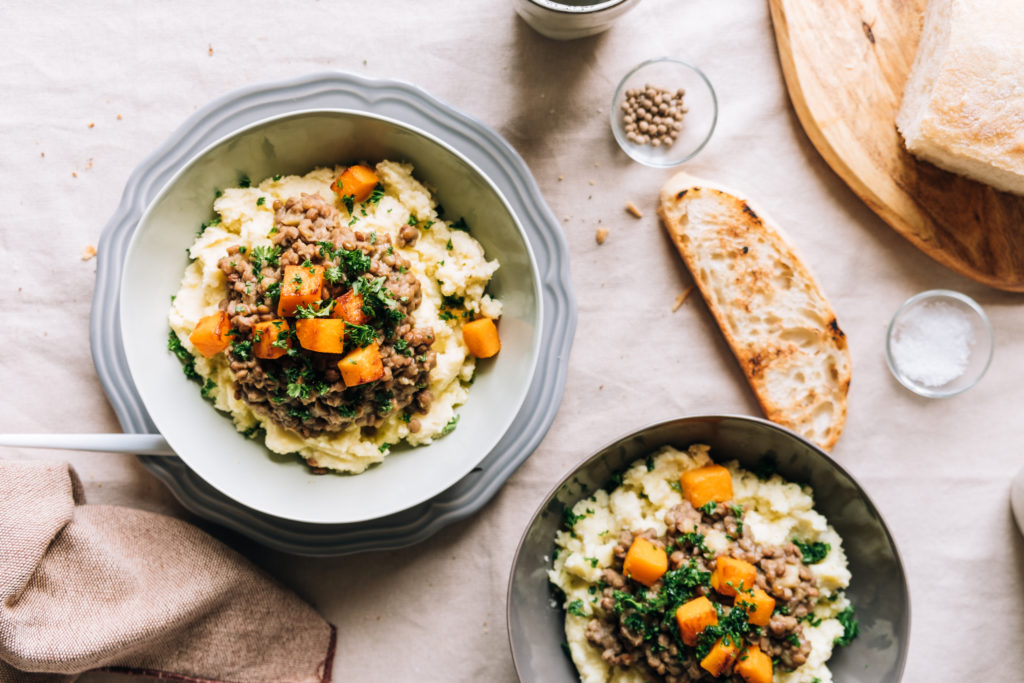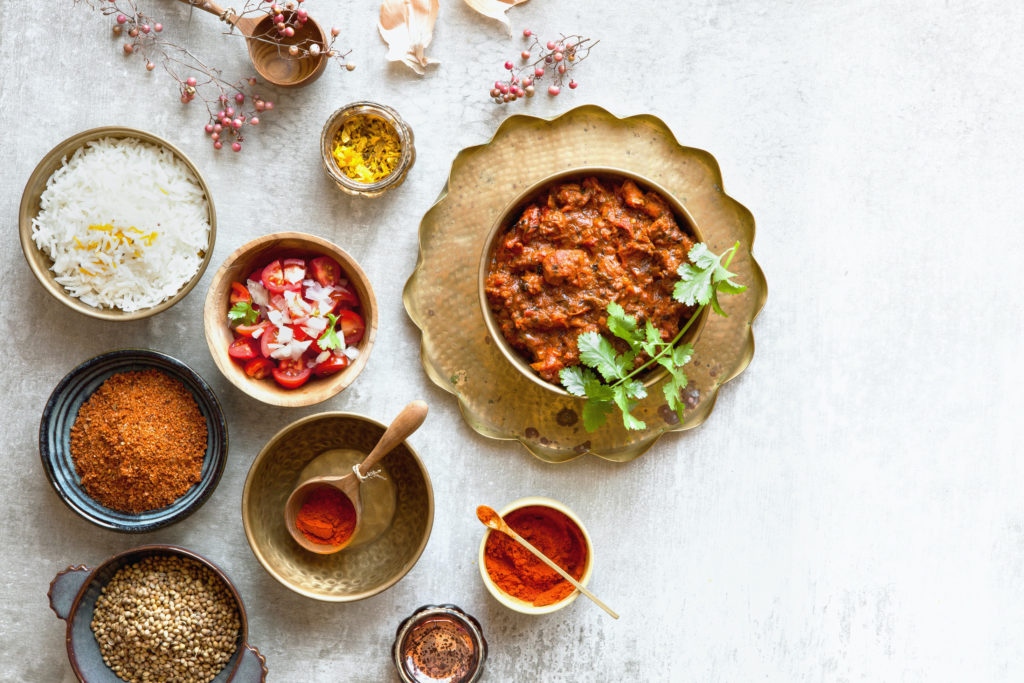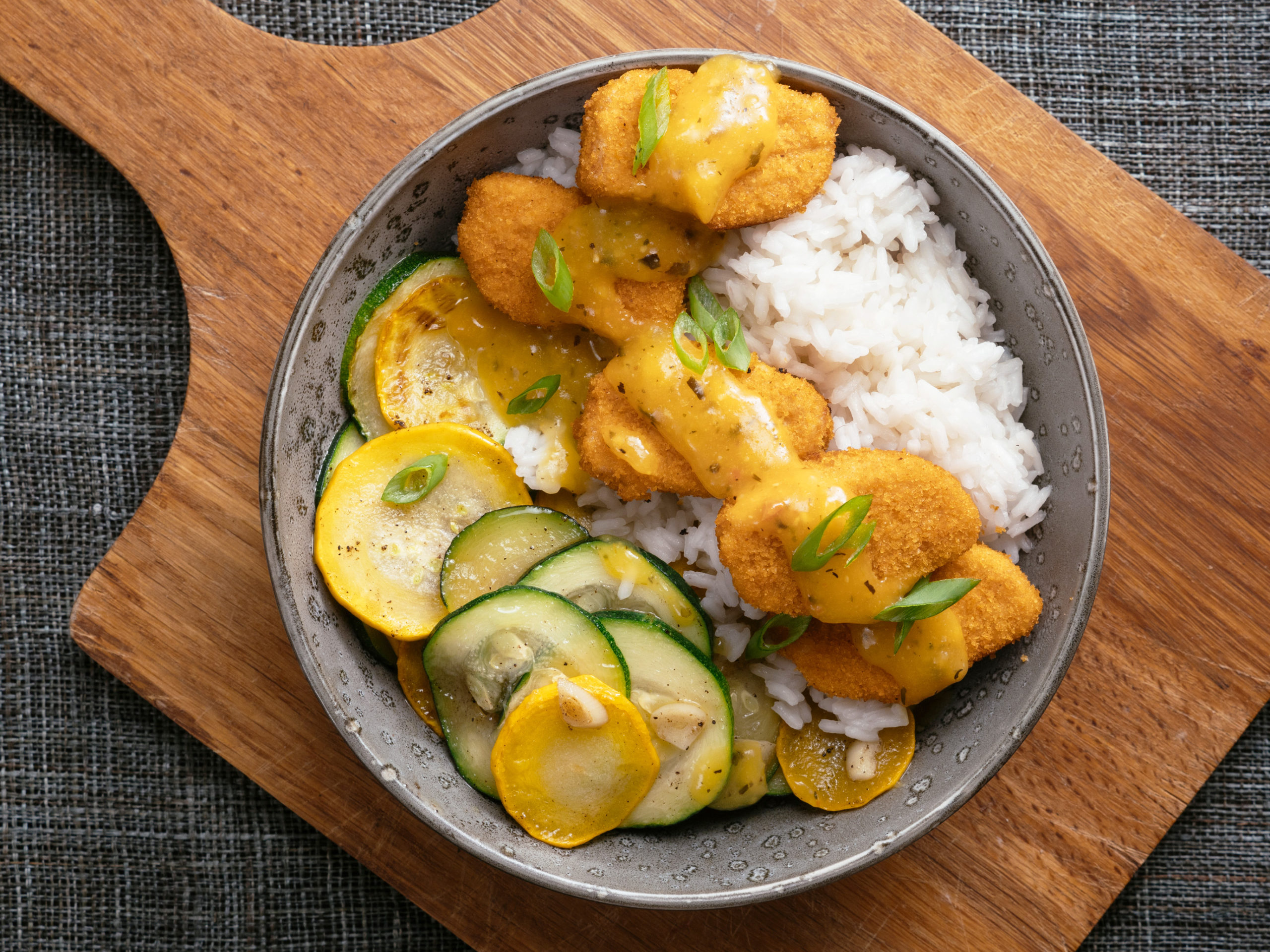3 Mins Read
Taste and nutrition giant Kerry has undertaken a study into demand for meat alternatives, identifying India as a particularly high-growth market for plant-based foods. Findings demonstrated an overall openness to animal-free foods in the country of more than one billion. Taste, texture, and suitability for regional dishes were identified as significant purchase factors.
In India, one-third of the population identifies as vegetarian, according to the Kerry study. The remaining 70 percent regularly eat meat-free and vegan foods. This flexitarian approach is taking plant-based living from specialist to mainstream.

Acceptance of change
Kerry has identified that 41 percent of people in India already eat six or more types of plant protein. These come in the form of pulses, beans, grains, and vegetables that are used in everyday cooking. Non-vegetarians use these as meal bases, preferring meat as an addition. Animal-free alternatives are widely experimented with, however.
Three clear motivations for switching to a plant-based diet have been identified: Personal health, variety and increased sustainability awareness. This translates into a desire to buy and try new meat alternatives. “The opportunity and potential for plant protein foods in India is promising,” Gunjan Pandey, marketing director for Kerry Southwest Asia said in a statement. “Currently, the region’s alternative meat market is valued at $171 million and is expected to grow at 8.5% CAGR by 2025. The past five years have also seen consistent new launches with the number of meat substitute launches rising year on year.”
The study revealed that 63 percent of Indian consumers would be willing to buy plant-based food items regularly, and 60 percent would not be put off by paying a premium for it. The findings have been used to identify an unmet market need within Asia.
“Consumers are seeking products that have superior taste, texture, and nutrition but that also align with local or regional cuisines or tastes,” Ronan Moloney, VP & GM, Food and Meat, Kerry Asia Pacific, Middle East & Africa said in a company statement. “However, many plant-based products fall short of these expectations with 70% of consumers in Asia Pacific saying that taste and texture of current meat alternatives do not match that of real meat, but add they would make plant-based foods a regular part of their diet if this were resolved.”
Kerry has created its Radicle platform to meet the needs of the plant-based curious in the APAC region. It has been designed to support food manufacturers and brands with consumer insights and product development.
“With an incredibly high percentage of the Indian population open to consuming meat alternatives, India presents a dynamic opportunity for brands to capitalise on this growing demand by creating innovative, nutritious and great tasting plant-based foods that would be the consumer choice, not the alternative,” said Pandey.

Plant-based India on the map
Earlier this month Veganuary announced that India joined the campaign as a 2022 campaign hub. The news came after a record 60,000 country-wide sign-ups in 2021. The figure placed India in third place for the most participants. It joins the U.K., U.S., Germany, Chile, Brazil, and Argentina as campaign centres and has recruited a number of celebrity ambassadors.
Elsewhere, Chef Priyanka Naik unveiled her new cookbook The Modern Tiffin: On-The-Go Vegan Dishes With Global Flair. It opens up the world of traditional Indian food preparation to an international audience. It does so with a topically vegan twist.
All images courtesy of Kerry.





